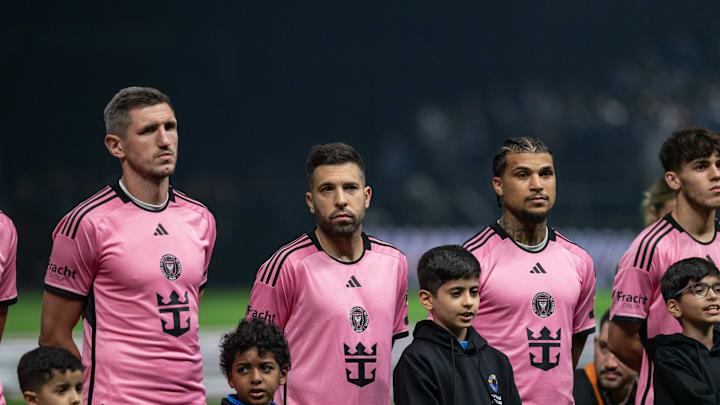A comparative analysis between Major League Soccer and Brazilian soccer reveals structural differences, challenges, and opportunities. Major League Soccer (MLS) and Brazilian soccer emerge as contrasting examples of how the game is managed, played, and marketed. A deep analysis of these two realities reveals not only striking differences but also valuable lessons that can shape the future of the world's most beloved sport.
Since its founding in 1996, the MLS has been a story of expanding success. With a clear vision and a long-term strategy, the North American league has grown in size and influence, becoming an emerging powerhouse in the global soccer landscape. Its governance model, where clubs are franchises of the league, has provided stability and cooperation among team owners, driving collective growth. However, issues such as unequal revenue distribution and the challenge of attracting fans in a country where soccer is not the dominant sport remain hurdles to overcome.
Follow MLS Multiplex on X (Twitter).
On the other hand, Brazilian soccer, with its rich history and fervent passion, faces a series of structural challenges. The lack of unified governance among clubs and poor financial management raise questions about the long-term sustainability of the sport in the country of soccer. However, Brazil's undeniable potential to produce talent and attract investments suggests that there is light at the end of the tunnel, provided appropriate measures are taken to modernize and professionalize the sport.

When comparing these two realities, it is evident that there is much to learn and exchange between the MLS and Brazilian soccer. While the North American league excels in terms of organizational structure and aggressively seeks a prominent position on the global stage, Brazil offers valuable lessons about passion, tradition, and the importance of a solid foundation of local talent. Creating a single league to organize the Campeonato Brasileiro, for example, could be a crucial step in the right direction, unifying governance and strengthening competition.
However, the key to the future success of soccer, both in the United States and Brazil, lies in adaptability and innovation. Measures such as salary caps and MLS Designated Players show that it is possible to reconcile tradition with progress, while Brazilian soccer can benefit from a more pragmatic, market-oriented approach. The exchange of experiences and ideas between these two distinct realities can catalyze a period of growth and evolution for the sport worldwide.
Soccer is a universal sport that transcends borders and cultures. Whether in the vibrant atmosphere of Brazilian stadiums or the meticulously organized arenas of the MLS, the passion of fans and the excitement of the game are the true drivers propelling the sport forward. By recognizing the opportunities and challenges we face, we can work together to build a future where soccer is more than a game - it's a force for good, unity, and inspiration worldwide.
